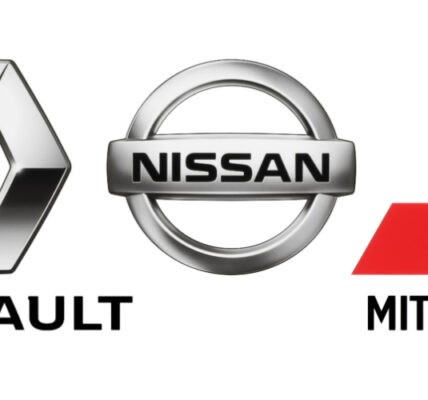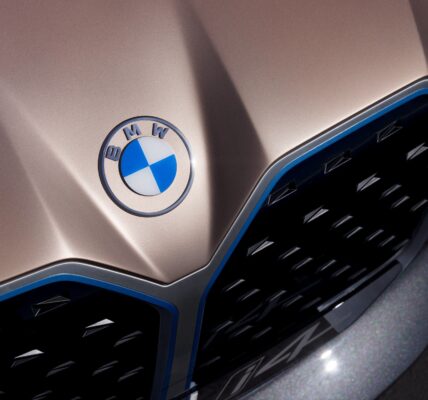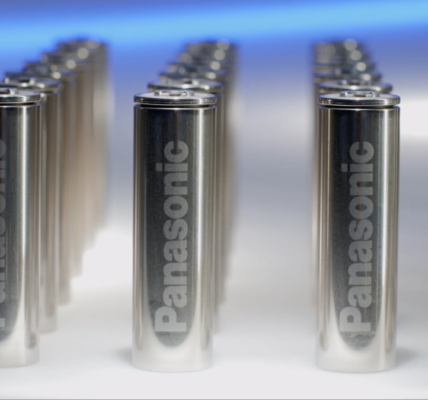Building an electric platform that’s the cornerstone of their EV business has taken GM and VW years. Volkswagen in particular is willing to partner with other automakers to get its modular MEB system under their vehicles and help make sure its architecture is profitable. Now it looks like less traditional manufacturers are going after the same potential customers.
Taiwan-based manufacturer Foxconn—best known for building the iPhone along with a plethora of other tech devices—has unveiled its own open-source EV platform called MIH, complete with a solid-state battery pack and in-vehicle internet services. During a presentation, Foxconn chairman Young-Way Liu said that MIH is a software-defined open platform. Liu said that a software-defined car is one with “functions and characteristics [that] can be changed and improved through software upgrades after the car is delivered.”
The first EV using the platform is expected to arrive in two years.
The hardware will be modular and flexible to meet the needs of automakers. Wheelbase, width, and height are all adjustable, according to Foxconn. The modules have front-, rear-, and all-wheel-drive variants with a variety of motors ranging from 95 kW up to 340 kW, with additional specs available based on customer demand.
The most impressive piece of news is that Foxconn will have a solid-state battery available in 2024. Solid-state batteries can charge quicker and have a larger storage capacity than the lithium-ion batteries found in current vehicles. Building a stable solid-state battery that has a long life is still a challenge. The company has been working with battery supplier CATL and solid-state battery company SES.
The software platform would be connected to Foxconn’s cloud and have an “EV kit” SDK that automakers could plug into their vehicles to control and use the battery pack and platform. The system could be updated with additional functions such as remote key access or ndriver-assistance systems. The system will support fleet management and robotaxis as well.
Foxconn wants to do a lot of the heavy lifting when it comes to the development of electric vehicles via the MIH platform. “We need to move fast to grab market share,” Liu said. With a goal to provide components or services in 10 percent of EVs by 2027, it’s going to need to secure deals with automakers that might already have road maps with other suppliers.
It does look like FCA (soon to be Stellantis) is likely already on board. In January it announced plans to set up a joint venture with Foxconn to build electric cars. Liu wouldn’t talk about partnerships it’s already working on, saying that there are “ongoing talks” concerning such deals.
Earlier this week, Fisker announced that it will use established auto-industry supplier Magna to manufacture its Dream EV SUV, and Volkswagen has a partnership with Ford to use the German automaker’s MEB platform in upcoming European vehicles with the Ford badge. Foxconn isn’t wading into something new, but it will need to convince automakers that it can help them build cars in an increasingly competitive EV-platform market.







